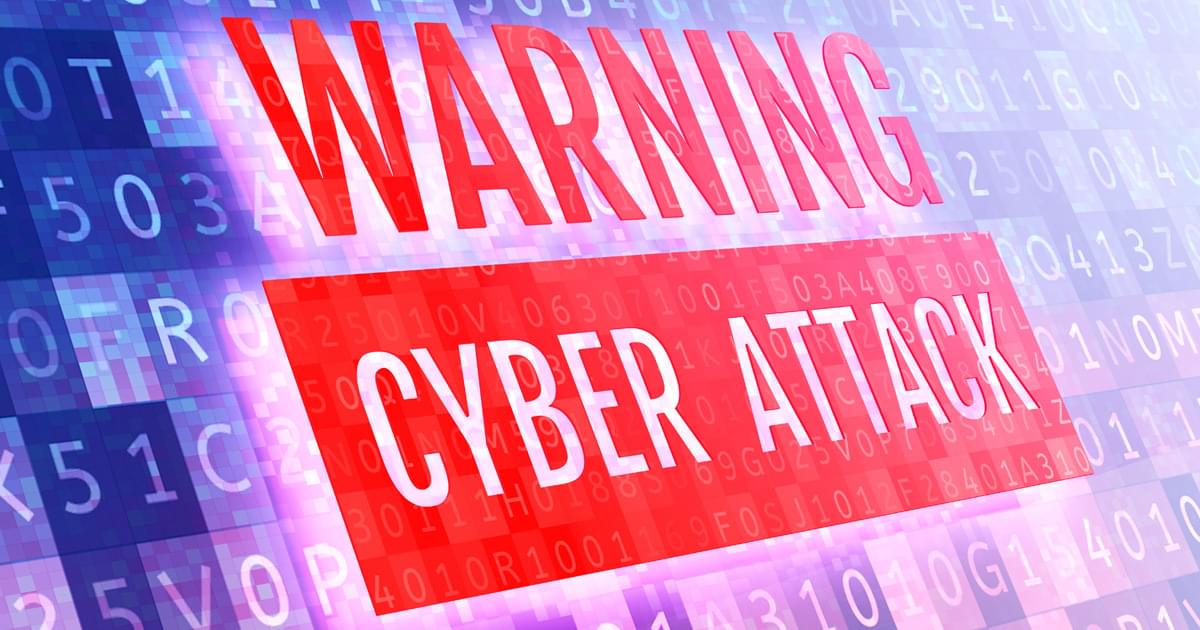State Chief Information Officer Eric Boyette and State Chief Risk Officer Maria Thompson are urging North Carolinians to be cautious of cybercrime before, during, and after Hurricane Florence.
Cyber criminals take advantage of natural disasters such as hurricanes to solicit personal information illegally and to take advantage of vulnerable infrastructures, disaster victims, and volunteers by phishing. Phishing is when a criminal sends out an email, text message, or even a phone call pretending to be a reputable and legitimate source in order to obtain personal information such as credit card and Social Security numbers.
“Be cautious and stay vigilant,” said State Chief Risk Officer Maria Thompson. “Let’s ensure one disaster does not lead to another. Phishing threats are real. Cyber criminals will use every tactic in their arsenal to deprive citizens of their information and ultimately their financial assets.”
Take these steps to prevent being taken advantage of by cybercriminals:
- Carefully look at email and web addresses since cybercriminals will make them look as legitimate as possible, often using variations of spellings. The URL may have a different domain, such as .gov instead of .net.
- Do not click on links in emails from anyone unless you know and have verified the sender of the email.
- Take time to look at the sender’s email address. Do not click on any links until you are certain the organization is real. Check the organization’s website for its contact information and use sites such as charitynavigator.org to verify a charity organization.
- Make sure your all of your anti-virus software is up to date and you’ve enacted the anti-phishing software provided by your email client.
- Phishing emails and phone calls may also try to pose as official disaster aid organizations such as FEMA. A true FEMA representative will never ask personal banking information, Social Security number, or registration number.
“We all need to be mindful of the value the data we have and use every day,” said Eric Boyette, State Chief Information Officer and Secretary of the Department of Information Technology. “Too many people are vulnerable during natural disasters and it is imperative to take necessary precautions to protect yourself. Think of it as preparing an emergency kit for your personal data.”
